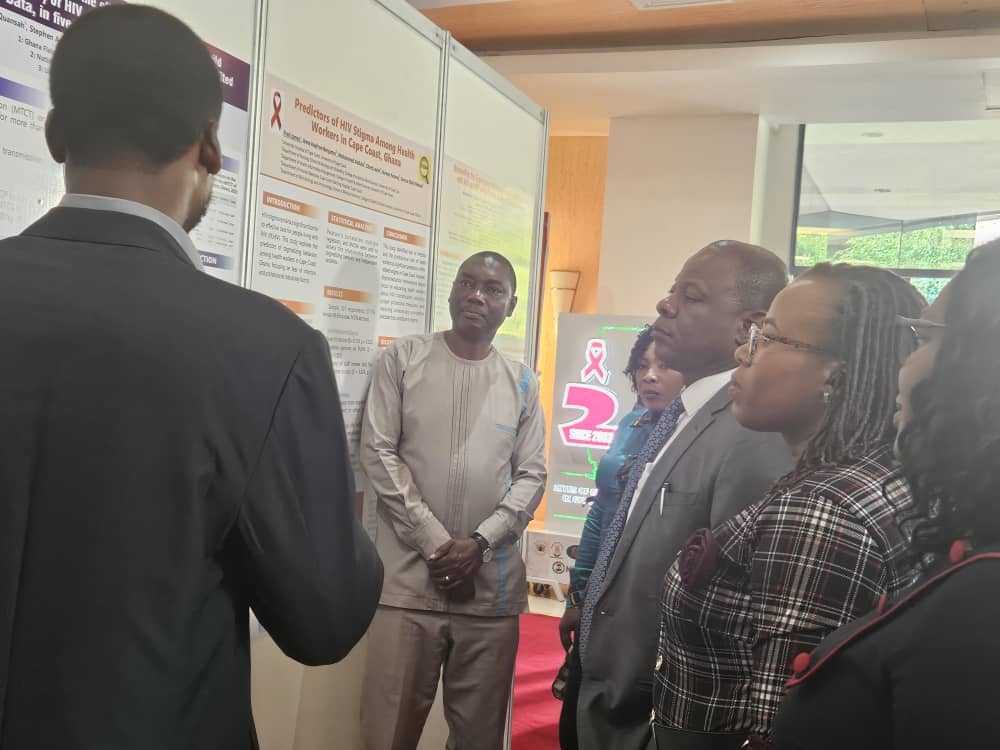Despite a significant effort made in Ghana's response to HIV/STIs in the country, stakeholders at a research dialogue on the disease believe there is need to scale up evidence-based interventions, increase funding for research and strengthen community-led initiatives.Last year, Ghana celebrated key achievements in 20 years since the introduction of the Anti-retroviral therapy into the country highlighting the increase in the life expectancy of persons living with HIV while mother to child transmission has decreased.But despite these significant feats, there are concerns some persons are not religiously taking their ART while others living with the infection are not yet on the ART.All these has informed the critical need for sustained efforts to advance research, expand preventive measures, and reawaken awareness.At a research dialogue to look at what has been done, celebrate the success and forge forward, the keynote speaker, Dr Patrick Kuma -Aboagye emphasized the need to prioritize preventives as the pillar of the country's strategies."Prevention remains the most effective and sustainable way to end this pandemic.
As a country, we must invest in high-impact prevention strategies, from pre-exposure prophylaxis to increased access to condoms and safe sex education.
Prevention, however, is critical, and sustainable prevention includes community education and empowerment, Dr Kuma - Aboagye said.He added that, "We must make it a collective responsibility to protect the young generation from the risk of infection.
For this, I urge our partners and stakeholders and government agencies to not only continue their support, but also expand investment in innovative preventive strategies.

